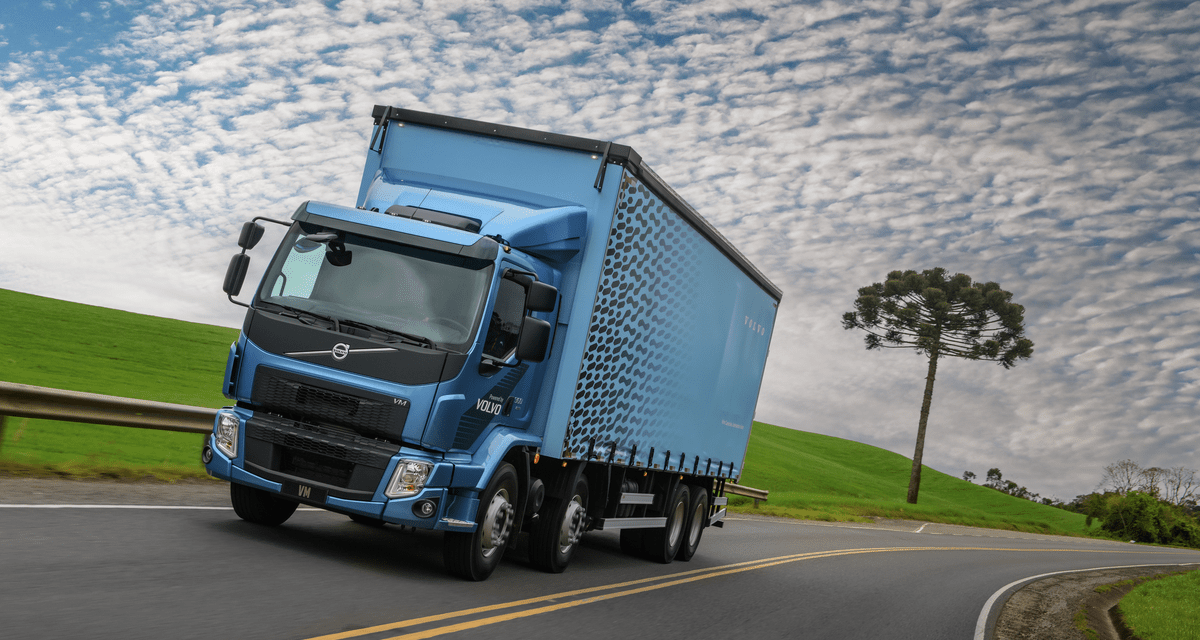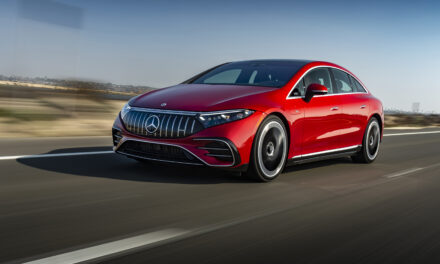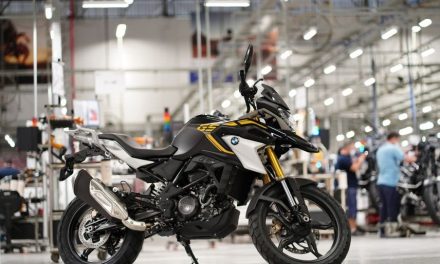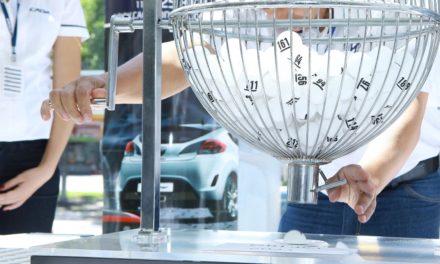By Alzira Rodrigues | Translated by Jorge Meditsch
Truck sales reacted in August, reaching 8,968 deliveries versus 8,104 in July, a 10.6% growth. Considering the number of business days each month – 23 and 21 – the daily average remained stable at 385 units.
Compared to August 2022, when 12,297 trucks were sold, there was a 27% decrease. In the first eight months, the fall reached 16.7%, with 67,426 units sold this year versus 80,904 in 2022.
Fenabrave points high interests, credit restriction and the challenges of the change from Euro 5 to Euro 6 technology as causes that impede the truck market from reacting more effectively.
Nonetheless, the organization recalled that the government incentive program for the segment is still on course, which contributed to a better performance in August. According to the government, R$ 100 million of the program budget was already used to purchase cargo vehicles.
“The market is already adjusting to vehicle prices and, in August, 77% of the trucks licensed were Euro 6”, informed José Maurício Andreta Jr., Fenabrave’s president.
According to the executive, the incentive package is paying off, and new financing programs based on SELIC announced by the government are beneficial to the segment and the society “as they help us to have newer and safer models in Brazilian roads.
The bus segment also benefitted from the incentive program, with R$ 170 million already liberated from the total R$ 300 million previewed for the program. “We also have the Programa Caminho da Escola (Way to the School Program) that always leverages the bus market, which is recovering consistently in 2023, despite last years’ low comparison base.
Photo: Volvo
- Bosch vai nacionalizar mais uma etapa do ESP, com produção da ECU em Campinas - 9 de maio de 2025
- Fatia dos carros chineses atinge 6% e venda de nacionais fica estagnada - 8 de maio de 2025
- Produção de veículos avança 20% em abril e é a maior em seis anos - 8 de maio de 2025









